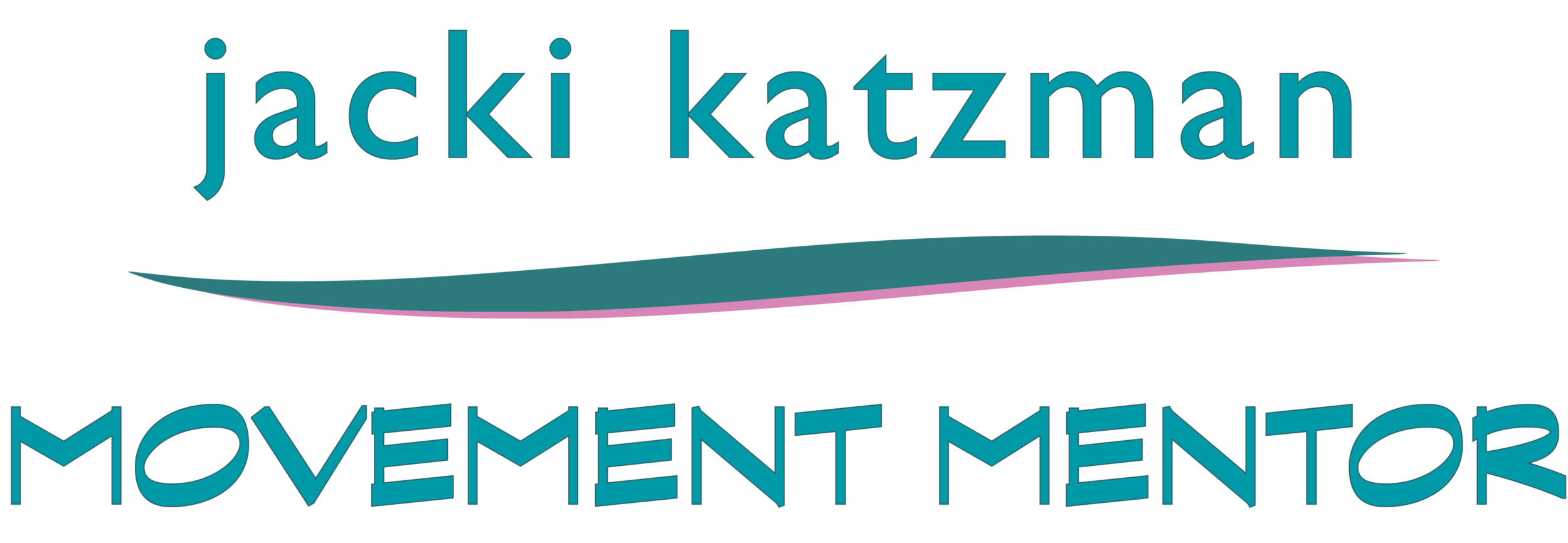Women in Science - Changing the Conversation and the Research - Finally
Women in Science - Changing the Conversation and the Research - Finally
Dr. Sara Gottfried Calls Out The Risk Factors of Being Female/The Huberman Lab Podcast
You know I’m a huge fan of the Huberman Lab podcast for the Standford Medical School-level lectures. The episode featuring Sara Gottfried, M.D., a Harvard-trained, board-certified gynecologist and clinical assistant professor of integrative medicine & nutritional sciences at Thomas Jefferson University, was such a scientific conversation, with an edge. An important edge.
Drs. Gottfried and Huberman discussed female hormone health, puberty, perimenopause, and menopause, hormone testing, the microbiome, stress related hormone challenges, their causes, and various treatments. Also fertility, birth control and tools for improving microbiome health, treating PCOS, insulin management, and the best nutrition, supplementation, and exercise programs for women. All really important stuff. Read the podcast notes or listen to the 2.3 hour podcast here.
But what really impressed me was the authoritative voice in which Dr. Gottfried detailed the health hazards and risks as a result of being female. From stress-related risks, institutional biases, research lacks, and how constipation can be an indication of any number of physiological issues, she calls it - out with numbers. A few quotes from Dr. Gottfried:
“[B]eing female is a health hazard. So we have twice the rate of depression, insomnia. We’ve got three to four times increased risk of multiple sclerosis. We’ve got five to eight times the risk of thyroid dysfunction. So if you just look at that and you look at subtle preclinical thyroid dysfunction, a huge number of the women that I take care of ... have thyroid dysfunction that’s contributing to constipation...
And they have a lot of perceived stress together with this borderline thyroid function that no mainstream medicine doctor has told her is a problem.
And then she’s got a problem with the tango between estrogen and progesterone.
Women have a lot more constipation than men. The gut is about 10 feet longer in women compared to men. We should talk about some sex and gender differences and define those. And they are much more likely to have a torturous colon. And the way you know that is you get a colonoscopy and they tell you, yeah, it’s really hard
to get in there and do what we need to do.
[A]s much as I love mainstream medicine and I trained in it, and I’m so grateful for my education, I still think it is a silo-based way of taking care of patients.
[I]f you are a woman who has constipation, fatigue, maybe an autoimmune condition, feel stressed out all the time, feel like your hormones are out of whack, you get sent to the gastroenterologist for the constipation, you get sent to the rheumatologist for your autoimmune issues, you maybe get sent to an endocrinologist if you’ve got thyroid problems, and there’s very little collaboration between these groups. So even though there’s an understanding of the network effect in real life, it’s not happening
So women experience more trauma than men. This is well-established. If you look at the ACE studies that were done by the CDC in Kaiser in 1998, we know that men for the most part, middle-aged men, have about 50% of them experience significant trauma as defined by the ACE questionnaire. Women are at 60%. And that’s pretty durable since 1998. So women have more. They have different forms of abuse, much more likely to have sexual abuse.
They have a different HPA response than men. Their perceived stress tends to be higher, and I’m generalizing for a population. ...
And so if you look at the physiology of a female, I think that constipation and that need to control and restrain and hold things in, tighten the anal sphincter, I think that’s part of the physiology. So I’m veering away from the science, but I do think that it is a really important signal to pay a lot of attention to
So stress that is, systemic stress in the body as a consequence
of systemic stress of environment....
I would say this also relates to white privilege. It relates to racism. And when you look at, you know, kind of the way that systems, including my beloved MIT, the way that they’re set up is that might make makes right. And generally the people that are the strongest, you know, big men, strong men, they’re the ones who tend to be the most successful. So for people who are BIPOC, for people who don’t have white privilege, for women, it’s a different experience. And so I’m using patriarchy as kind of a umbrella here, but it connects to many other things”
Read the full interview transcript here.
Dr. Gottfried is author of:
The interview is fascinating for the quality of scientific conversation, the range of topics. Read the codes for a outline of the wide ranging conversation. And be aware that being female, BIPOC, or other non-mainstream identities, can be risk factors for health.

